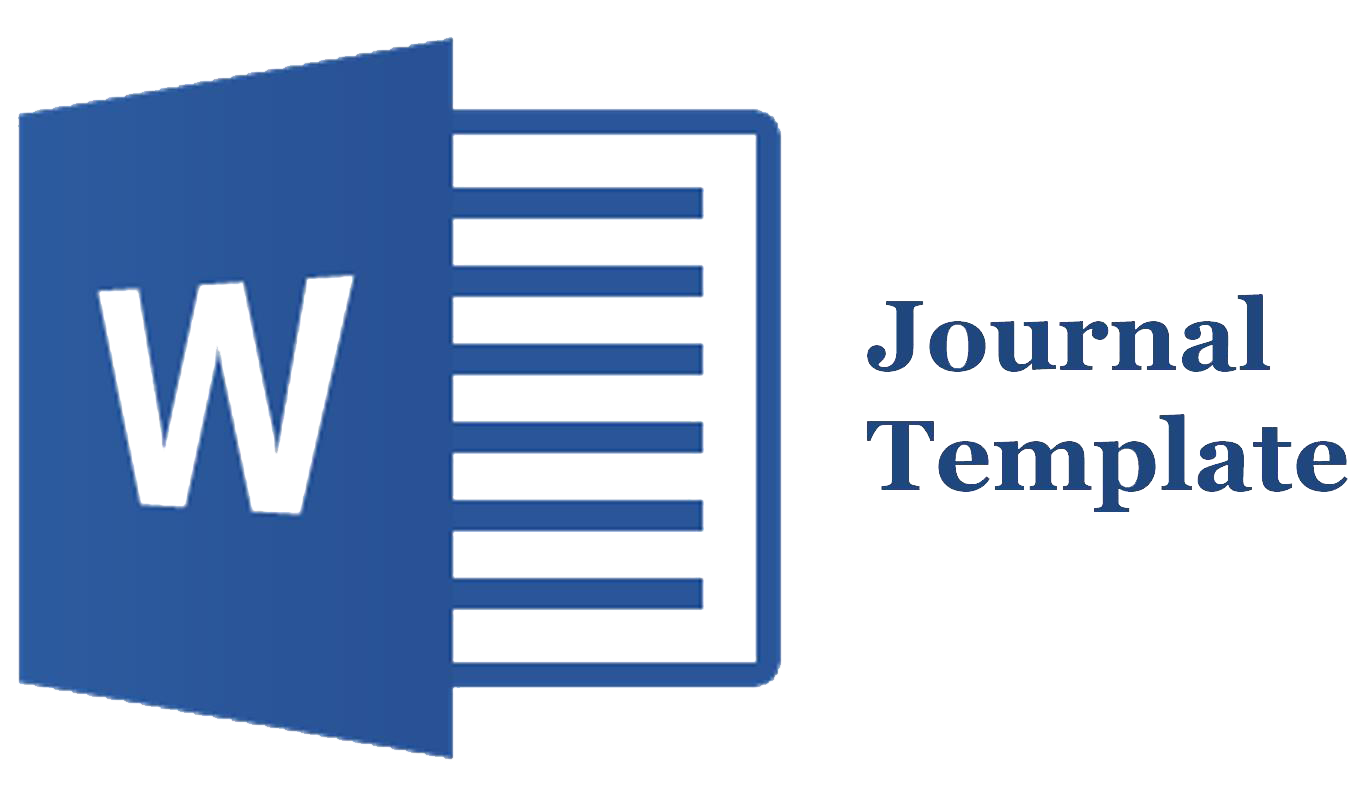Penyaringan Fakta dan Tanggung Jawab Jurnalisme Digital: Menghadapi Tantangan Disinformasi pada Pemilu 2024
Abstract
The spread of disinformation amidst the march towards democracy always occurs from time to time. This problem is quite worrying if it occurs in the upcoming 2024 elections. This article describes media strategies for filtering information facts and existing limitations for regulating social media on matters related to elections. The method used is qualitative with secondary data sources collected from related articles, focusing on the theme of social media disinformation in the election. The research results suggest five strategies for sorting information that can be carried out to adapt to the potential for disinformation that could occur in the election, namely: (1) Fact-checking journalism. (2) Digital journalism must strengthen media literacy and increase the public's critical power in identifying correct and good information from sources that are not credible. (3) Digital journalism can coordinate with the government to manage public information through designated government institutions. (4) Digital journalism needs to have the ability to present accurate, balanced and objective information in order to stop the spread of fake news that is produced on a large scale and spread widely on social media platforms. (5) Digital journalism can utilize AI technology and human-machine collaboration to check the truth and accuracy of online images, videos and reports.
Keywords:
Disinformasi, Jurnalisme, Pemilihan Umum, Komunikasi, PolitikDownloads
References
How to Cite
Published
Issue
Section
License
Copyright (c) 2023 Nava Nur Alianinggrum, Bunga Almadinah, Astri Kusuma Pertiwi

This work is licensed under a Creative Commons Attribution-NonCommercial-ShareAlike 4.0 International License.















